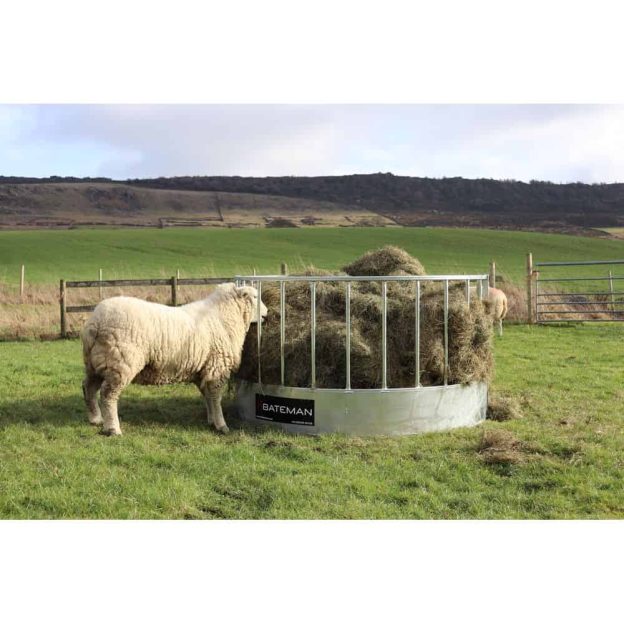Animals with health problems must have special care and treatment. Feeding them the right things can be a massive help. We are going to discuss this topic in detail here. Specifically, we’ll look at what actions you need to take and how to tackle different health problems. Then, if you need to order animal feed, you can contact us.
Ration changes
Firstly, let’s go over ration changes. Animals must have time to adapt to feed changes. Ruminants in particular need it to be gradual. Sudden changes can lead to acidosis or other digestive upsets in sheep and cattle. Go from high roughage rations to ones containing high degrees of concentrates or grain.
Feeding cattle and sheep hay before letting them graze lush pastures or green crops can stop some digestive problems. Or, animals may be permitted to graze only a few hours a day for a few days until they adapt to new feeds. Some animals could develop allergic reactions to materials in lush, fresh green feeds. Moreover, it’s always prudent to turn cattle onto new pasture when they have full stomachs.
Mould and ergot
Next, let’s discuss mould and ergot. Both of them, as well as any toxins, can poison animals. Pregnant animals are most vulnerable. If they consume them at high levels, they can cause vaginal or rectal prolapse, gangrenous symptoms, or abortion. Starving and weak animals aren’t as capable of detoxifying.
The addition of vitamins A, D, and E could help the animals tolerate toxins. Diluting the mouldy feed using clean feed could bring the toxin concentration to a safe level. Talk to us if you need top tier animal feed products.
Rumen impaction
Here you can’t feed excessive levels of low-quality straw or hay to cattle without sufficient grain supplementation. You need it to provide protein and energy. Failing to follow this step can lead to the forage being slow to digest or undigested. The result is rumen impaction. Lack of water can contribute to compaction too.
Processing low-quality forage with a bale shredder or hammer-mill can increase the level of forage that animals consume. Although, if the ration is low in protein and energy, it can lead to impaction. You need to be especially watchful to guarantee sufficient energy intake during times of very cold weather.
Dicoumarol poisoning (sweet clover disease)
Mouldy sweet silage or clover hay could contain dicoumarol. This stops blood from clotting. As such, animals could bleed internally or from exterior wounds. Feed cattle sweet clover for seven days. Afterwards, switch to separate forage for 14 days, then back to sweet clover for seven days and repeat. This reduces the risk of poisoning.
It’s best to not feed sweet clover for six weeks before dehorning or castrating. In addition, avoid feeding it to cows when they are in the final three months of pregnancy. Instead, choose animal feed that won’t have an impact on blood.
Prussic (hydrocyanic) acid poisoning
Flax that’s been frozen or hugely affected by drought might hold toxic amounts of prussic acid. Symptoms of this poisoning aren’t unlike those for nitrate poisoning. The only difference is that blood remains bright red. Fatality tends to happen before treatment is possible. Yet, early intravenous injection of sodium thiosulfate and sodium nitrate by a vet can help.
Where prussic acid could be a problem, you need to analyse feed in a testing laboratory. Also, you have to take the right precautions. Prussic acid present in cured forage disappears gradually over time.
Nutritional deficiency diseases
Poor-quality feeds give livestock fibre. But they are often lacking in vitamins, minerals, protein, and energy. Insufficient levels of nutrients can lower conception rates, alongside parasite and disease resistance. This might result in weak lambs and calves.
When using low-quality forages, you need to also supply vitamin and mineral supplements. See to it that you offer a balanced diet to supply enough protein and energy. Pay special attention to providing enough vitamin A and minerals.
We have the animal feed you need
At JS Hubbuck Ltd, we have plenty of products available to ensure you can keep your farm animals in top condition. We also stock plenty of other agricultural items that suit varying requirements. This includes fertiliser, footwear, and more.
Most importantly, we can help you to choose the right animal feed for any situation. So, if there’s anything we can help you with, please let us know.

